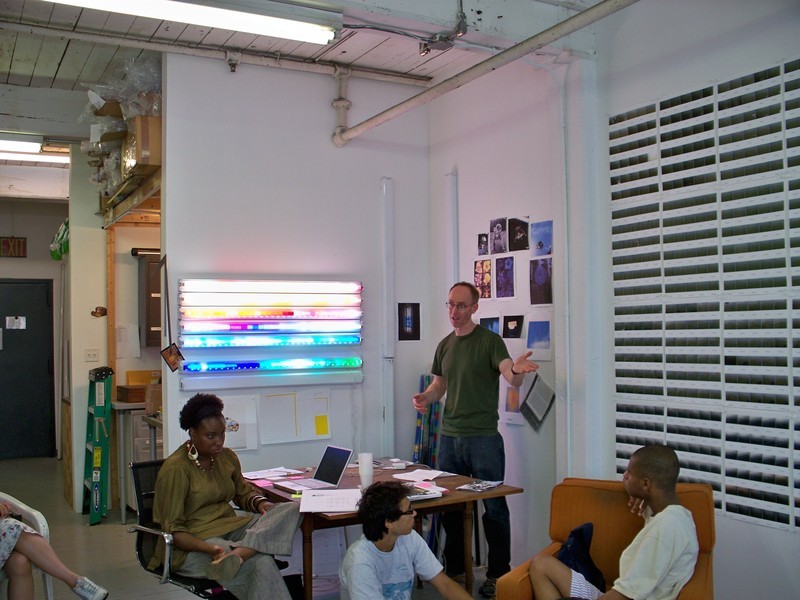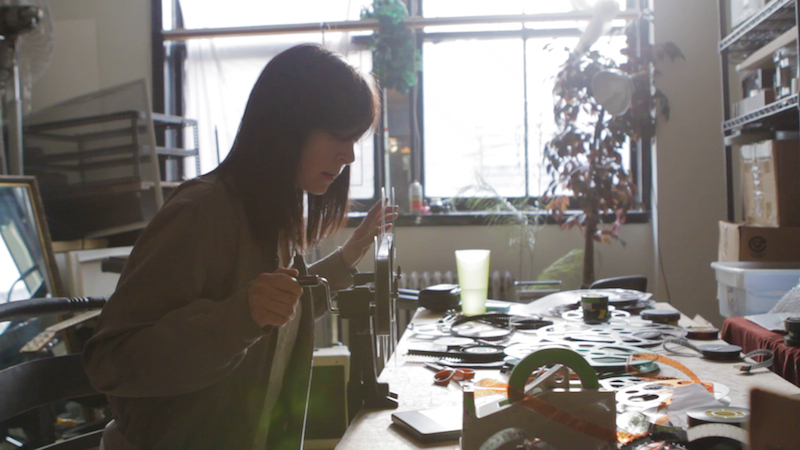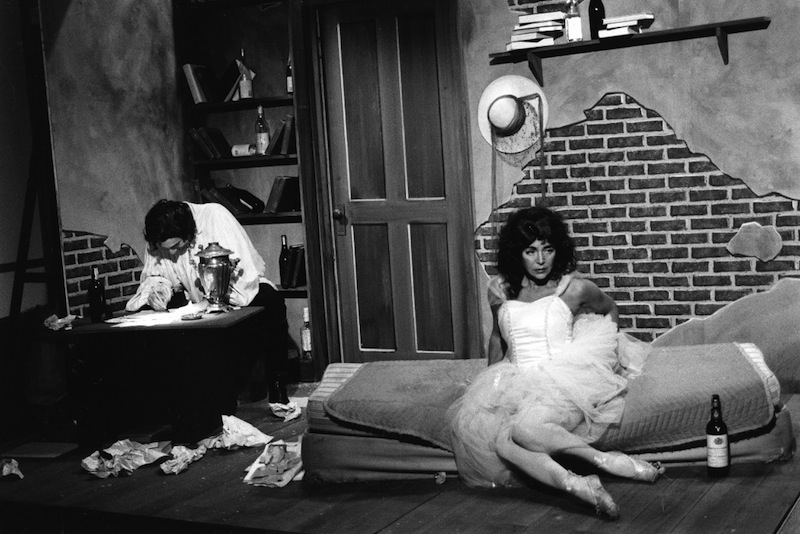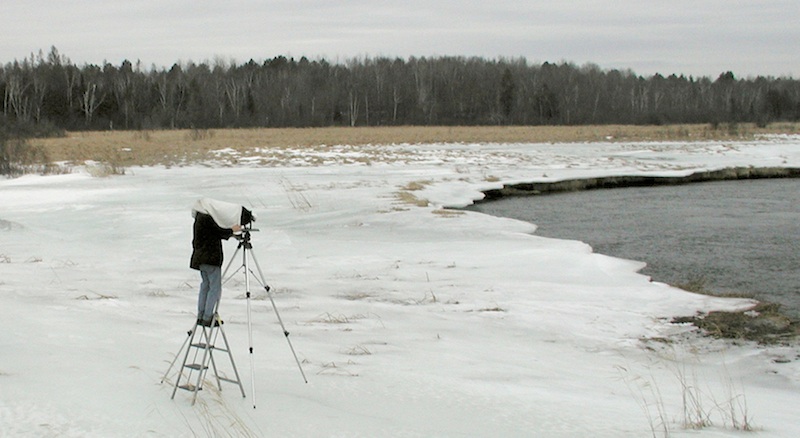“If it’s your job to eat a frog, it’s best to do it first thing in the morning. And if it’s your job to eat two frogs, it’s best to eat the biggest one first.” —Mark Twain
Looking for that thing you don’t mind doing for the majority of your day (7.7 hours per day on average, according to the Bureau of Labor Statistics), that thing that perfectly blends your interests with your need for some form of sustainable compensation, that thing that values your time and effort, that’s both challenging and engaging…that can be as difficult and elusive as figuring out what that thing is in the first place. According to Gallup, 70 percent of US employees are “not engaged” or “actively disengaged” at work, a troubling statistic that’s held steady despite fluctuations in the employment landscape, pre- and post-recession. Employees are not only feeling a sense of general malaise; they’re feeling downright subversive. And employers aren’t doing much to turn the tide, an attitude most recently on display in McDonald’s educational pamphlet for budgeting on a minimum-wage salary (takeaway tips: two jobs, no heat).
More often than not, the immediate need for employment supersedes one’s search for an emotionally rewarding vocation. And while some of us are lucky enough to fall into Gallup’s “engaged” employee category, that path is paved with jobs that err on the side of mundane or even miserable. Though not exclusively, this often occurs as we’re just beginning our journeys toward ultimate career happiness. While these entry points into the world of employment may not be the most thrilling, they stay with us as frustratingly necessary and formative life experiences. I asked four artists, who are now successfully pursuing their art full-time, to share their first jobs and a few enduring memories.
ALEC SOTH
My first summer job was as a delivery driver for a Chinese restaurant. What I loved about the job was peeking into people’s personal lives when I dropped off the food. One of my regular customers, an obese ham-radio enthusiast, seemed to also like this personal exchange. One time, he answered the door naked.
My first photography job was as an assistant for a born-again-Christian product photographer. He mostly photographed catalog pictures for Target. It was a summer job. I remember thinking how strange it was to photograph Christmas decorations in the summer. All day long he’d listen to Christian talk radio in the studio. At the end of the day, he’d read the Bible to me.

Artist Spencer Finch in his studio introducing teens to his Highline project The River That Flows Both Ways (2009).
SPENCER FINCH
My first real job was when I was eleven years old, delivering newspapers in my neighborhood on my bicycle. It was a weekly local paper that was filled with coupons, and I delivered about one hundred fifty of them. The paper was called The Early Bird; about halfway through my tenure, it changed its name to The Bargain Finder. I think my Mom found the job for me. The strapped piles of papers would be dropped on my driveway every Wednesday, and I still vividly remember walking home from the bus stop and feeling incredible dread when I saw them waiting for me there. I’m not sure why I hated it, but I think it was pretty embarrassing riding around the neighborhood like that. I had a big canvas shoulder bag (provided by my employer) that I would load the papers in and then ride around and leave one wedged into each mailbox or newspaper box. Mr. Eliason, the local mailman, who was famous for driving a VW bug with right-hand drive (perfect for delivering mail out the right-side window) yelled at me for putting the paper in the actual mailboxes at first. After that I would just somehow hang them on the mailbox. It took about three hours, and I think I was paid about fifteen dollars (by check) every week. I had lots of pretty lousy jobs after that—strawberry picker, door-to-door vacuum-cleaner salesman, janitor—but none of them generated that feeling of dread in the pit of my stomach the way that first job did.

Artist Martha Colburn transfers film from reel to reel in her home and studio (Long Island City, Queens, 01.15.11). Production still from the New York Close Up film Martha Colburn Cuts the Boring Parts Out. © Art21, Inc. 2011. Cinematography by Michael Tyburski.
MARTHA COLBURN
My first job was actually drawing an elk target for a local fish and game club in Pennsylvania, because “the boys”—grown men—had organized an elk shoot and they heard my dad’s daughter could draw. I think I got a whopping $200 dollars for it. They then would staple the elk target to a board and pulley system across a field. It looked ridiculous, but they shot at it that way and had their elk shoot. That was my first commission.

Eleanor Antin, The Ballerina and the Poet,1986; 16mm film, black-and-white; RT 2.5 minutes. Courtesy Ronald Feldman Fine Arts, New York.
ELEANOR ANTIN
In response, Antin provided this excerpt from her memoir, Conversations with Stalin (2013), published by Green Integer:
“Working at the hotel again. Every summer, like clockwork. Since I was ten, maybe eleven. In those days, I was the counselor. I never had a day off. Keeping the kids away from their parents from 8 in the morning till 9 at night with a couple of hours off in the afternoon. And when the weather was lousy I had them all day so their parents could read and lounge around when the skies got dark and the rain pounded on the window sills. Child labor is what it was. I didn’t know it but I was an abused child. My mother must have known since she never put me on the books. I only got paid $100 for the entire summer so she could take my pittance out of petty cash. It was illegal but nobody among those good communists ever complained. They all belonged to unions and wouldn’t cross picket lines but they never came to my defense. Nobody took my mother aside and explained American law to her.
‘Hey Jeanette, you have a problem. Your child should be hitting a ball over a net. She should be a girl scout hiking through the wilderness. She should be reading the great books, enlarging her mind. It’s the law of the land. It’s in the constitution, Jeanette. The bill of rights. She has rights, your child. What do you think, this is czarist Russia?’
Why didn’t the comrades rescue me? Why didn’t they protest? Call the police. They knew child labor was bad like sweat shops. Little Ethiopian kids around the world had to be saved from bad capitalist exploiters. Think of the needle trades in NY in the 19th century. Those peaked little faces looking up at Jacob Riis. Bad! Bad! Down with the bosses! Enslaving little children who should be in summer camp, swimming and rowing boats. Why wasn’t I singing camp songs like ‘Found a Peanut’ or ‘Old Smokey?’ Of course, I couldn’t carry a tune and had a loathsome voice but so what? I had a right to croak out a song like everybody else. It’s a free country.”





Pingback: Letter from the Editor | Art21 Magazine
Pingback: My first jobs | Write on the World